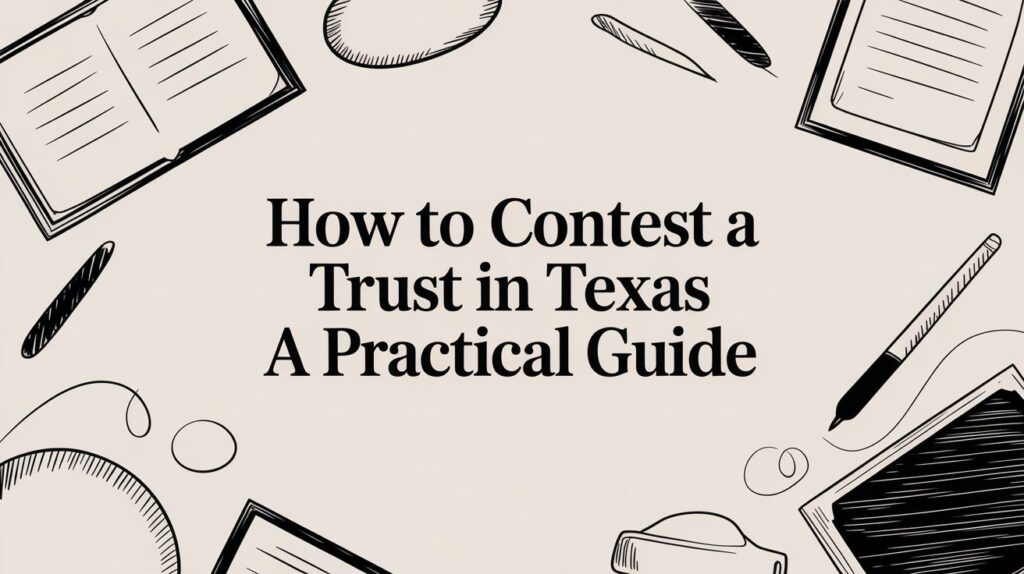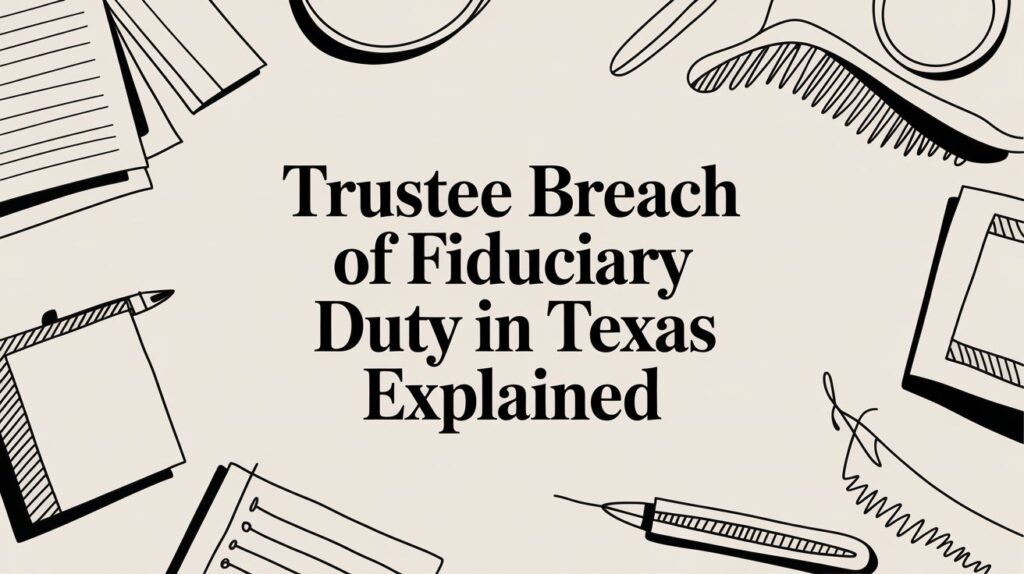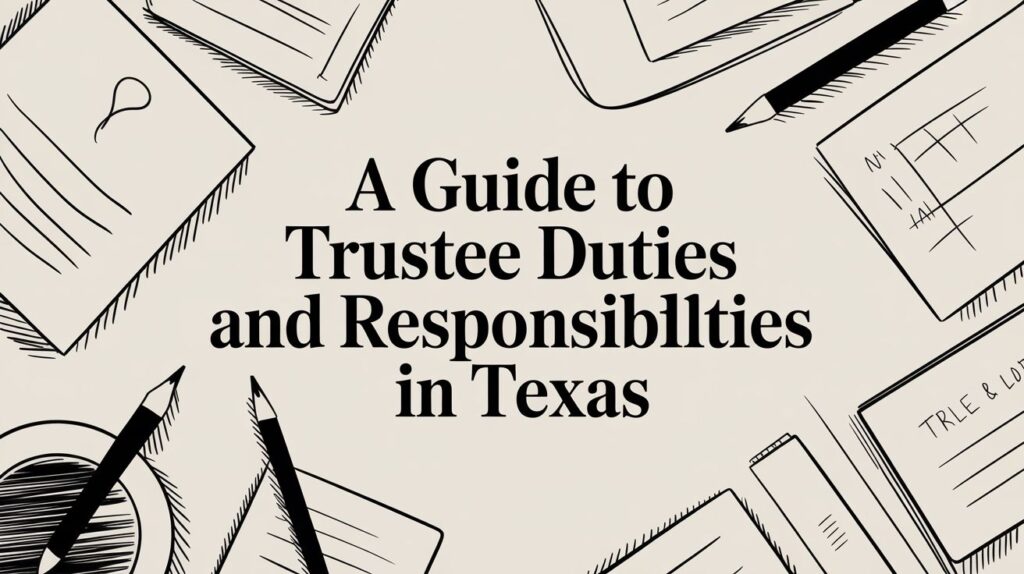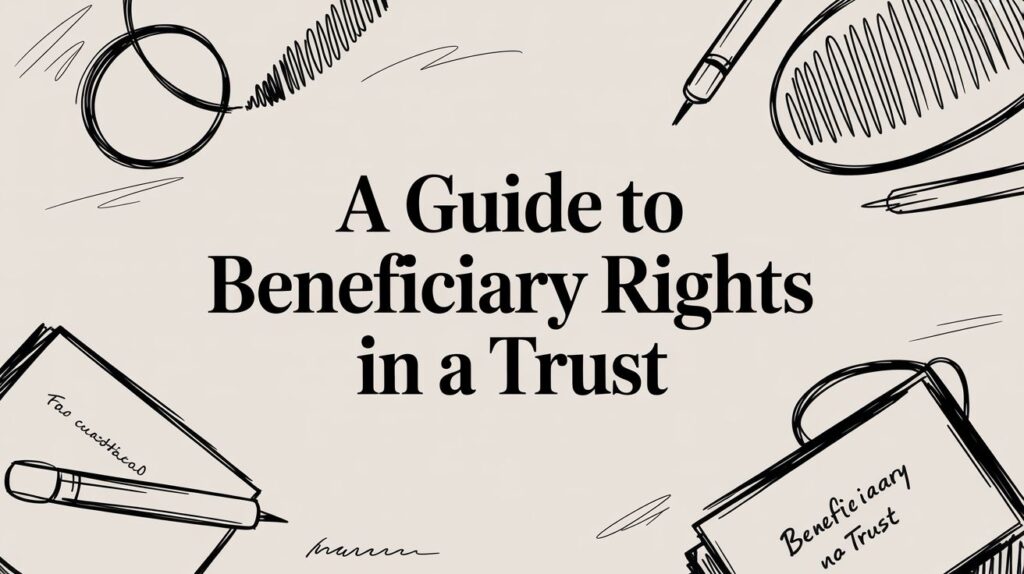Discovering a loved one's trust that doesn't align with their known wishes can feel overwhelming and deeply unsettling. While trusts are powerful estate planning tools designed to provide certainty, Texas law provides options if you have legitimate concerns about a trust's validity. Managing a loved one’s estate can feel overwhelming—but with the right legal guidance, it doesn’t have to be.
Contesting a trust is a formal legal process where an interested party asks a court to invalidate all or part of the trust document. This isn't merely about disagreeing with how assets were divided; it challenges the very legitimacy of the trust from the moment it was created. You are essentially arguing that the document does not reflect the true, freely made intentions of the person who created it (the "grantor") and should not be legally recognized.
Understanding When a Texas Trust Can Be Challenged
To successfully contest a trust, you cannot simply be unhappy with your inheritance. Texas law is clear: you must have valid legal grounds. These grounds are rooted in the Texas Trust Code and Texas Estates Code, which are designed to ensure a trust is a true reflection of the grantor's wishes, made with a sound mind and free from improper influence.
When might a trust contest be necessary? Real-world scenarios often include:
- A last-minute amendment to a trust suddenly disinherits lifelong family members in favor of a new acquaintance or caregiver.
- The grantor was suffering from severe dementia or another cognitive impairment when they signed the trust documents.
- There is a strong suspicion that a relative isolated the grantor, controlled their finances, and coerced them into making changes they did not truly want.
These situations raise serious red flags about the trust's validity and may warrant legal action.
One of the most critical factors in any trust contest is time. Texas law imposes a strict statute of limitations, and understanding legal time limits is non-negotiable. If you miss this window—often within two years of the grantor's death—you could permanently lose your right to file a claim, regardless of the strength of your case.

Legal Grounds for Contesting a Texas Trust
Here are the primary legal arguments a Texas court will consider for invalidating a trust. These are the recognized legal foundations for any trust contest.
| Legal Ground | What It Means in Plain English |
|---|---|
| Lack of Capacity | The person creating the trust (the grantor) was not of sound mind when they signed it. They did not understand the nature of their property, who their loved ones were, or the effect of the document they were signing. |
| Undue Influence | Someone used manipulation, threats, or coercion to pressure the grantor into creating or changing the trust against their free will. The trust reflects the manipulator's wishes, not the grantor's. |
| Fraud or Forgery | The trust was created based on intentional deception (fraud), or the grantor's signature on the document is fake (forgery). |
| Improper Execution | The trust document was not signed, witnessed, or notarized according to the specific formalities required by Texas law. |
| Mistake | The grantor made a significant factual error about the contents of the trust, and they would not have signed it had they known the truth. |
Proving these claims requires substantial evidence, but they form the basis of a successful trust contest in Texas.
Who Is Eligible to File a Contest?
Not just anyone can challenge a trust. Under Texas law, you must have "standing," which means you have a direct financial interest in the outcome.
Typically, individuals with standing include:
- Current beneficiaries named in the trust.
- Beneficiaries from a previous version of the trust who were removed or had their share reduced.
- Heirs-at-law—the people who would inherit under Texas law if the trust did not exist (such as a spouse or children).
If you believe a trust is invalid and you fall into one of these categories, your first step should be to consult with an experienced Texas trust administration lawyer. We can analyze the specifics of your situation, determine if you have standing, and advise you on the best path forward. This initial consultation is vital for understanding your rights and building a clear strategy.
What It Takes to Challenge a Trust in Texas
If you are considering contesting a trust, it’s important to understand that the process requires more than a feeling of unfairness. The Texas Trust Code demands that your challenge be built on solid legal ground, meaning you must prove the trust document is fundamentally invalid for a legally recognized reason.
Let’s explore these reasons with some practical, real-world examples.
Lack of Mental Capacity
The cornerstone of a valid trust is the grantor's mental state. In Texas, the grantor must have possessed "testamentary capacity" at the exact moment they signed the document. This means they understood:
- The nature and extent of their property.
- The people who were the natural objects of their affection (e.g., close family).
- The effect of the act of signing the trust.
A diagnosis of dementia does not automatically invalidate a trust, as an individual may still have moments of lucidity. The legal case hinges on their mental state at the very time of signing.
Here’s a common scenario: An elderly father with a known Alzheimer's diagnosis signs a new trust during a period of documented confusion. This new trust disinherits his children and leaves his entire estate to a neighbor he recently met. The children could contest this trust by presenting medical records, testimony from caregivers, and expert medical opinions to demonstrate he lacked the required capacity on that specific day.
Undue Influence
Undue influence occurs when a person in a position of trust—such as a family member, caregiver, or new friend—uses manipulation or coercion to overpower the grantor's free will. This is more than just offering advice; it's a form of pressure that results in a trust that reflects the manipulator's wishes, not the grantor's.
Texas courts look for red flags of undue influence, such as a new person isolating the grantor from family, taking sudden control of finances, or procuring the attorney who drafts the new trust.
When a trust is created under undue influence, it fails to express the grantor's true intent. Instead, it reflects the desires of the manipulator. The court's role is to determine if the grantor was acting freely or if someone else was pulling the strings. This is a key aspect of upholding fiduciary duties in Texas.
Fraud and Forgery
These grounds are more direct but can be challenging to prove.
- Fraud involves intentional deception. For example, a relative might lie to a grantor, telling them a false and malicious story about another family member to have them disinherited. The trust is therefore signed based on a deliberate falsehood.
- Forgery is straightforward: the grantor's signature is faked. If proven, the trust is immediately void.
These claims demand compelling evidence, such as financial records showing suspicious activity or testimony from a handwriting expert in a forgery case.
Improper Execution or Ambiguity
Texas law has strict formalities for how a trust must be created. The document must be signed correctly, and if it is part of a will (a testamentary trust), it must comply with all requirements for a valid will. If these technical steps are not followed, the trust can be invalidated.
A trust may also be challenged if its terms are too vague or ambiguous to be understood. If it is impossible to determine the grantor's intent, a court may step in to interpret the language or, in some cases, declare a provision void.
It is important to distinguish between contesting a trust's validity and addressing a trustee's mismanagement of a valid trust. If the trustee is failing their duties, you may have a claim for trustee breach of fiduciary duty in our detailed guide, which is a separate legal action.
Navigating the Trust Contest Process in Texas
Initiating a legal challenge against a trust can feel intimidating. However, with a clear understanding of the process, you can move forward with confidence. The journey begins not in a courtroom, but with a confidential consultation with an experienced Texas trust administration lawyer and Texas estate planning attorney. This first meeting is crucial for evaluating your case, understanding your rights, and developing a sound legal strategy.
Getting the Ball Rolling: Filing the Petition
Once your attorney confirms you have legal standing and valid grounds to proceed, the lawsuit formally begins with the filing of a petition in the appropriate Texas probate court. This document is the foundation of your case.
The petition must clearly state:
- Your identity and your legal interest in the trust.
- The specific legal grounds for your challenge (e.g., undue influence, lack of capacity).
- The relief you are seeking from the court, such as declaring the trust void.
Filing this petition officially notifies the court, the trustee, and other beneficiaries that a legal dispute has commenced, based on principles within the Texas Trust Code.
The All-Important Discovery Phase
After the petition is filed, the case enters the discovery phase. This is often the longest part of the lawsuit, as it is a formal fact-finding mission to gather all evidence needed to support your claim.
Our legal team uses several tools to uncover the truth:
- Depositions: We obtain sworn, out-of-court testimony from key individuals, such as the trustee, other beneficiaries, caregivers, or friends of the grantor.
- Interrogatories: These are written questions sent to the opposing party, which they must answer under oath.
- Requests for Production: We formally request relevant documents, including medical records, financial statements, emails, and letters related to the trust's creation.
The evidence gathered during discovery is used to substantiate the legal grounds for the contest.
This evidence is what will ultimately prove whether the grantor was mentally competent, if they were manipulated, or if the trust document was improperly executed. To manage the volume of paperwork, tools like document archiving software can be invaluable for keeping evidence organized.
The goal of discovery is to leave no stone unturned. A thorough investigation ensures that whether you are negotiating a settlement or preparing for trial, your case is built on a position of strength.
This phase is where cases are often won or lost. For example, a physician's deposition confirming the grantor's cognitive decline can provide powerful support for a lack of capacity claim. To learn more about how our firm handles these matters, read our guide on dispute resolution and litigation in Texas trusts.
How to Build a Strong Case for Your Trust Contest
Winning a trust contest depends on legally admissible evidence, not just feelings of unfairness. Building a strong case is a strategic process where a knowledgeable Texas estate planning attorney is your greatest asset. We help you transform suspicions into a structured, persuasive legal argument.

The type of evidence needed is directly tied to your legal grounds. A claim of undue influence requires different proof than one of lack of capacity.
Gathering Critical Documentation
The foundation of your case is often a paper trail. Our attorneys initiate the formal discovery process to request documents that the other side is legally obligated to provide.
Key documents we often seek include:
- Medical Records: Physician’s notes, hospital charts, and cognitive assessments from around the time the trust was signed are crucial for proving or disproving the grantor's mental state.
- Financial Statements: Bank records, investment reports, and property deeds can reveal red flags like unusual transactions, sudden wealth transfers, or a new person taking control of the grantor’s finances.
- Communications: Emails, letters, and text messages can provide a vivid picture of the grantor's state of mind and show evidence of manipulation or coercion.
For example, in a recent undue influence case, we uncovered emails from a new caregiver to her son where she bragged about "convincing" the grantor to rewrite his trust. This type of direct evidence is incredibly powerful in court.
The Power of Witness Testimony
Documents tell one side of the story; people tell the rest. Testimony from individuals who knew the grantor provides critical context that no document can.
Your attorney will identify and interview key witnesses—family, friends, neighbors, caregivers, and even the attorney who drafted the trust. Their sworn testimony, given under oath in a deposition, can substantiate your claims and bring the facts to life for a judge.
Imagine a scenario where a grantor’s long-time doctor testifies that during the same week a new trust was signed, the grantor was so heavily medicated he could not recognize his own children. This testimony could be the cornerstone of a successful challenge based on lack of capacity.
Navigating Modern Evidence Challenges
In today's digital world, evidence is no longer confined to paper. With digital assets increasingly managed by trusts, new contest grounds are emerging, including disputes over electronic signatures, allegations of hacking, or questions about a person's "digital capacity." You can get more insights on this trend from PwC's global survey.
Gathering this evidence can be difficult. Trustees and beneficiaries may be resistant to sharing information, and obtaining sensitive records requires navigating complex legal procedures. This is why the formal discovery process, managed by your Texas trust administration lawyer, is essential. We have the legal tools to compel the production of documents and testimony, ensuring every relevant fact is uncovered.
What to Expect: Potential Outcomes and Alternatives

Contesting a trust does not automatically lead to a lengthy courtroom battle. While a trial is possible, most trust disputes are resolved long before reaching a judge, saving families significant emotional and financial strain. A skilled Texas trust administration lawyer understands that litigation is just one tool available. The ultimate goal is to achieve a fair outcome that honors the grantor's true wishes, often through more practical and less confrontational means.
The Path of Negotiated Settlements
By far, the most common resolution for a trust contest is a negotiated settlement. This is a private agreement reached between all parties—you, the trustee, and other beneficiaries—outside of court. Your attorneys lead the negotiations on your behalf to find a compromise that everyone can accept.
A settlement offers several key advantages:
- Certainty: You control the outcome rather than leaving it to a judge.
- Privacy: The terms of the agreement remain confidential, keeping family matters out of the public record.
- Cost-Effectiveness: It is almost always less expensive than preparing for and conducting a full trial.
Here's a real-world example: A daughter contests her father’s trust after a last-minute change heavily favors a caregiver. Instead of a difficult court battle, the attorneys negotiate. The caregiver might agree to accept a smaller, fixed sum, allowing the remaining assets to be distributed to the daughter as originally intended. This solution respects the father's long-standing wishes without a painful, public fight.
The Role of Mediation in Texas
Often, the path to a settlement involves mediation. Many Texas courts require parties to attempt mediation before a case can proceed to trial. This is a structured negotiation process guided by a neutral third-party professional, the mediator. The mediator’s job is not to issue a ruling but to facilitate a productive conversation, helping all parties see the strengths and weaknesses of their case and find common ground.
Mediation provides a confidential and structured environment for families to resolve disputes. It empowers you to create your own solution rather than having one imposed by the court, making it a more collaborative and less adversarial process.
Potential Outcomes in Court
If negotiation and mediation are unsuccessful, your case will proceed to trial. A judge will hear the evidence, listen to witness testimony, and make a final, binding decision. If your contest is successful, the outcome can vary.
Possible court-ordered results include:
- The entire trust is invalidated: If the judge finds a fatal flaw, such as the grantor's lack of capacity or a forged signature, the entire trust can be declared void. The assets would then be distributed according to a prior valid trust or through the state's probate laws.
- A specific provision is removed: If only a portion of the trust is invalid—for example, an amendment was the result of undue influence—a judge can strike that provision while leaving the rest of the trust intact.
- The trust is modified to reflect intent: In cases of ambiguity, a court can reform the trust's language to better align with the grantor's true intentions. You can learn more in our guide on how to modify a trust in Texas.
It's worth noting that formal trust litigation is rare. Studies show that only about 1–2% of trusts face a formal court contest. The high costs of litigation and the effectiveness of alternative dispute resolution mean most cases are settled out of court.
Common Questions We Hear About Texas Trust Contests
Deciding to challenge a trust is a significant step, and it is natural to have questions. The process is governed by the Texas Trust Code and can feel complex. Here are plain-English answers to the questions we are most frequently asked, providing clarity and confidence for your next steps.
How Long Do I Have to Contest a Trust in Texas?
This is the most time-sensitive question. In Texas, the statute of limitations for contesting a trust is generally two years from the date of the grantor's death. This deadline is extremely strict. If you miss it, you may lose your right to challenge the trust forever, regardless of the strength of your evidence.
Exceptions can exist. For instance, if you were not properly notified of the trust, the two-year clock might start only when you discovered (or reasonably should have discovered) the issue. Due to these complexities, it is imperative to consult a Texas trust administration lawyer as soon as you suspect a problem.
Who Actually Has the Right to Contest a Trust?
Not just anyone can file a trust contest. You must have "standing," a legal term meaning you have a direct financial or personal interest in the outcome. Without standing, a court will dismiss your case.
Typically, those with standing include:
- Current beneficiaries named in the trust.
- Former beneficiaries who were in a prior version of the trust but were later removed or had their inheritance reduced.
- Heirs-at-law, who are the individuals (like a spouse or children) who would inherit under Texas law if no trust or will existed.
An experienced attorney can quickly assess your relationship to the deceased and the trust documents to determine if you meet this crucial requirement.
What Is a "No-Contest" Clause? Can It Stop Me?
Some trusts include a "no-contest" clause, legally known as an in terrorem clause. It is designed to deter lawsuits by stating that any beneficiary who challenges the trust and loses will forfeit their inheritance.
While these clauses appear intimidating, they are not absolute in Texas. The Texas Trust Code specifies that a no-contest clause is unenforceable if you bring a challenge in good faith and with just cause—even if you ultimately lose the case.
Determining whether your claim meets the "good faith and just cause" standard is a critical part of legal strategy. It requires a thorough analysis of the facts, which is why seeking advice from a skilled attorney before taking action is so important.
How Much Is This Going to Cost?
There is no single price for a trust contest. The total cost depends on the complexity of the case, the extent of evidence gathering required, and whether the dispute is resolved through settlement or proceeds to trial.
The primary expenses include:
- Legal Fees: Attorneys may charge an hourly rate or work on a contingency fee basis, where they receive a percentage of the recovery only if you win.
- Court Costs: Fees for filing the lawsuit and other court documents.
- Discovery Expenses: Costs associated with depositions, document requests, and subpoenas.
- Expert Witness Fees: If your case requires proving mental incapacity or forgery, you may need to hire medical experts, financial analysts, or handwriting experts.
We believe in transparency. That is why we offer a free consultation to discuss all potential costs and fee structures, allowing you to make an informed financial decision.
If you’re managing a trust, planning your estate, or considering a trust contest, contact The Law Office of Bryan Fagan, PLLC for a free consultation. Our attorneys provide trusted, Texas-based guidance for every step of the process. You can learn more at https://texastrustadministration.com.

